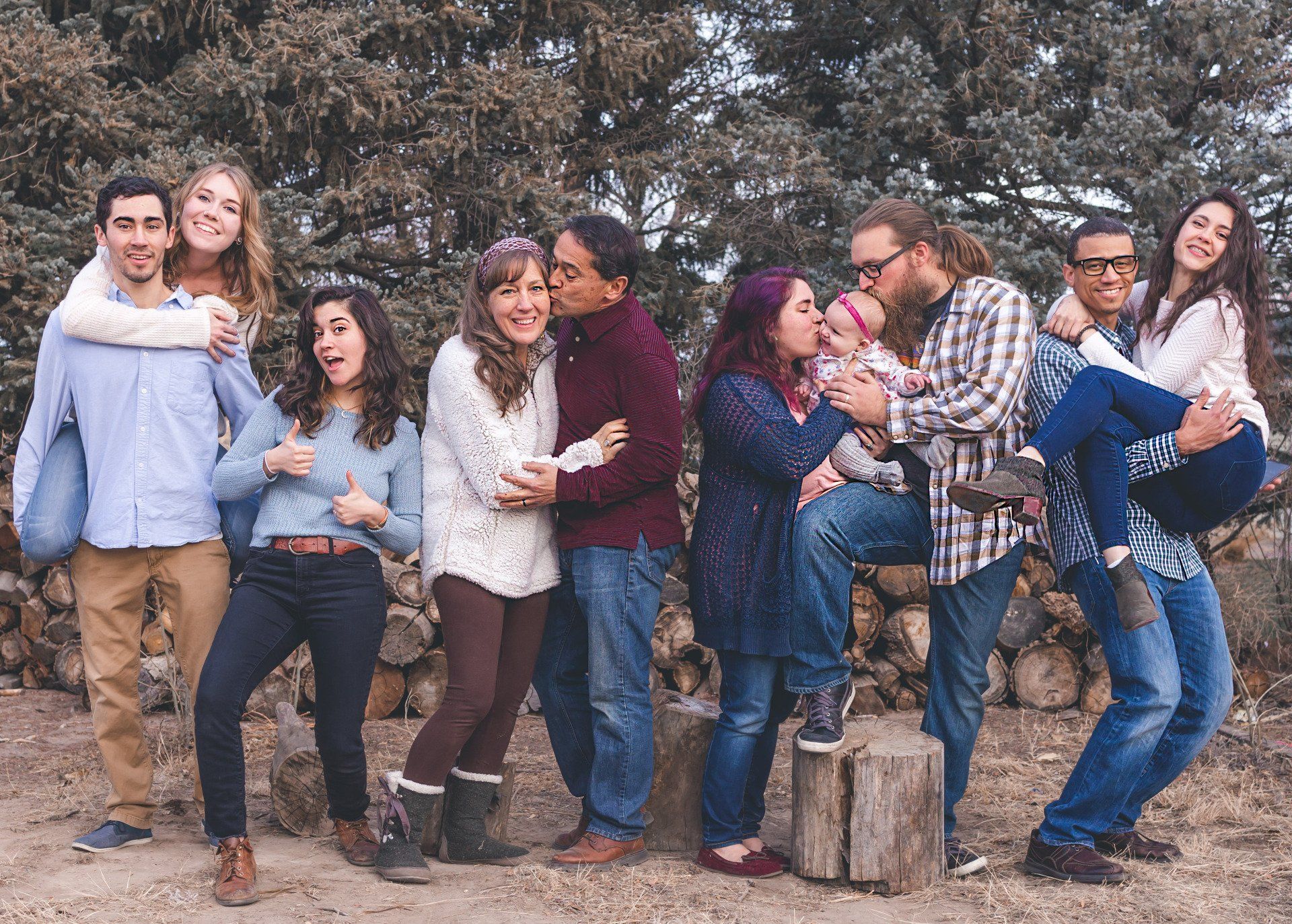EMOTIONALLY FOCUSED THERAPY (EFT)
Couples and families in distress can benefit from EFT. EFT has been proven effective for couples who are having trouble coping with their own illness or that of a child. It can also help reduce individual symptoms of depression or trauma.
The path to overcoming depression or trauma is rarely straight.
EFT Helps In All Relationships
How Does EFT Work
What To Expect From EFT
Can EFT Rebuild Intimacy
WHAT IS EFT?
An EFT counselor observes the dynamics between clients in the session, and ties this behavior to the dynamics in their home lives. EFT helps direct new conversations and interactions based on more honest feelings. You can learn new ways to listen, and stay attuned to one another's emotions. Your counselor can help you discover more productive ways to respond to emotional situations.
Improve Your
Relationships With EFT!
Improve your relationship. If you are dealing with anger, fear, loss of trust, or sense of betrayal in your relationship. Then EFT may be a treatment option.
CONTACT USHow Does EFT Work?
EFT focuses on the present time to makes changes in the here and now. There are three steps, or stages, of EFT. The first is to de-escalate the couple's or family member's negative cycle of interactions. Each individual hopefully comes to see that the problems lie in insecurities and distance. The next stage is to restructure interactions with the help of your counselor facilitating. Consolidation is the third stage of EFT, wherein the counselor helps each individual see how they got into negative patterns. Then the counselor can help identify points when the individual or couple were able to change those patterns. Once you learn this skill couples can continue these types of interactions in the future.


What To Expect From EFT
An EFT counselor observes the dynamics between couples, and ties this behavior to the dynamics in their home lives. EFT helps direct new conversations and interactions based on more honest feelings. You will learn new ways to listen and stay attuned to each others emotions. Each couple will hopefully discover more productive ways to respond to emotional situations.



